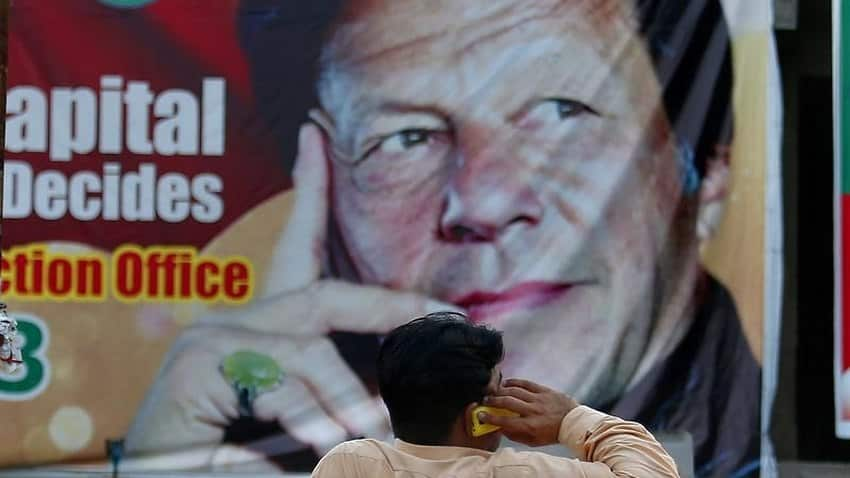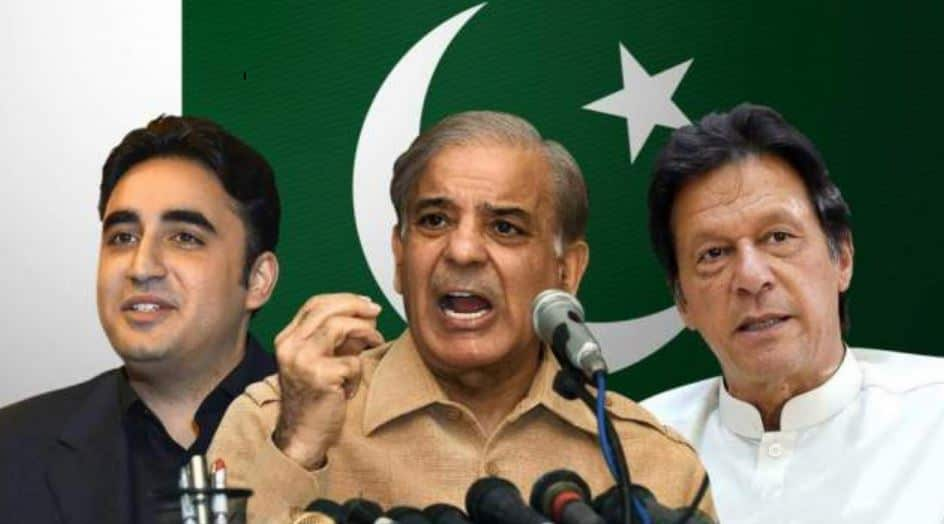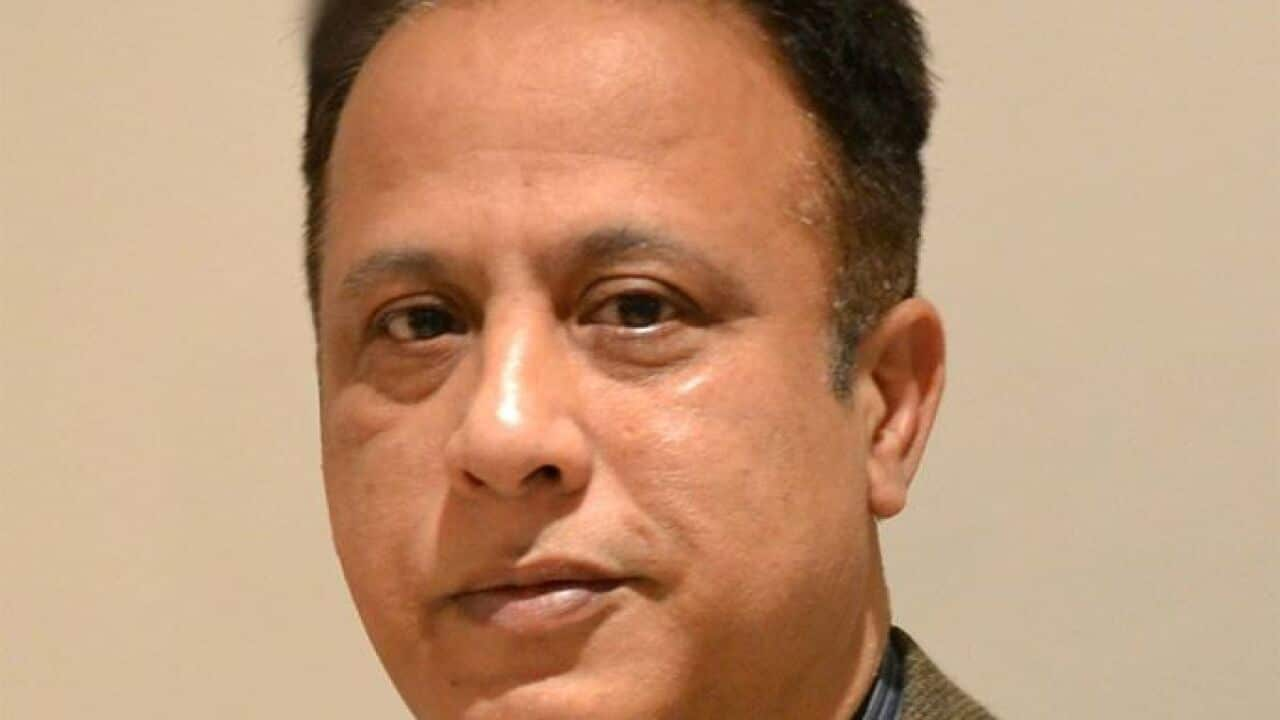Catapulted to fame by the miraculous cricket victory at Melbourne in March 1992, Khan added another feather to his cap through social work by constructing Pakistan’s first-ever state-of-the-art cancer hospital followed by establishing a large university in rural area.

null
Fixing the economy
Dr Malik agreed that economy will be the first front bite challenge that newly elected government will face. The World Bank estimates that Pakistan's GDP growth rate will decline to 5 per cent in 2019 from 5.7 per cent in 2017. In 2018, Pakistan won't grow more than 5 per cent. In 2020, it will grow at 5.4 per cent – significantly lower than other South Asian nations like India and Bangladesh. In 2017, its per capita GDP grew by 3.6 per cent – again lower than India and Bangladesh but better than Sri Lanka. In 2016, almost 5 million children in Pakistan were out of school. The country has the lowest primary school enrollment rate in the region. Moreover, Pakistan’s total debt is US$210 billion. The trade deficit has widened to US$27.3 billion and to meet the expenses to bridge the financing gap, Pakista is short of US$ 26 billion to US$28 billion in the current fiscal year.
Poll rigging accusation
Almost all political parties have accused the military establishment of rigging on the day of the election itself. They also report several instances of Inter Intelligence Services (ISI) influencing and intimidating the major parties’ candidates in the media. PML-N claims that the conviction of Mr Sharif and his heir-apparent, daughter Maryam Nawaz, on corruption charges were politically motivated to erode the party’s votes.
Dealing with opposition
There is no denying the fact that Khan’s charisma and his support among youth making roughly thirty percent of the country’s total population – played a crucial role in expanding his party’s vote bank. However, Imran Khan’s PTI won national elections with a thin majority, and their reliance on independents and coalition with smaller parties will remain a challenge to implement PTI agenda for new Pakistan. On the other hand, sustained cooperation between two major parties PML-N and PPP being part of the joint opposition will determine the challenges PTI government faces in future. If these two parties which have been enemies in the past fail to overcome their differences, PTI has better chances of sustaining their government and getting new legislations approved by the Parliament and the Senate
New coalition government face hurdles in meeting allies expectations and passing legislation from the senate that is largely dominated by opposition parties
Imran Khan's party not have majority in center and expected to form a minority government in largest province Punjab. A weak coalition government will rely heavily on minor parties and independents.

Free foreign Policy and powerful army
Imran’s challenges are not just domestic said Dr Malik. In his victory speech, he promised to strengthen relations with China and Saudi Arabia and develop a friendship with India, Iran, Afghanistan and the US.
Devising a foreign policy independent of the military establishment – especially concerning the complicated relationship with India – will be particularly fraught. It is widely known in Pakistan that Mr. Sharif’s downfall began because he was willing to improve relations with India, and to take on the military in the process, increasing accountability for army generals and defense expenditure.
Dr Shahid Malik said if PTI future government will try to drift away from military controlled foreign policy or unable to handle economy then Pakistan might remain the same or may face further political instability.
*Dr Nadeem Malik is an Academic of Social and Political Sciences - University of Melbourne
